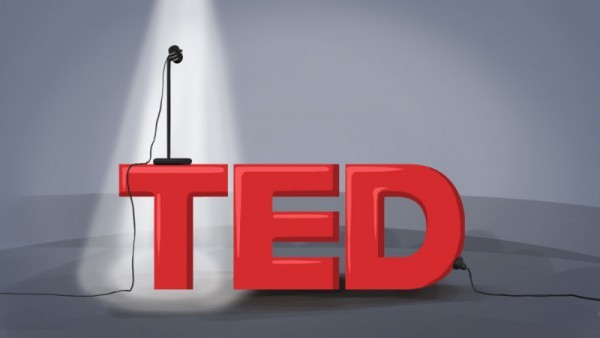0

Olympic volleyball star April Ross serves inspiration to Girls Inc. in Costa Mesa
Luke Money of the LA Times caught the crowd of about 40 elementary school girls gasped when April Ross stood up — and not just because they were in the presence of an Olympian.
“I was taller than most of the boys in school,” the Costa Mesa resident said with a laugh as the girls cast astonished glances at her 6-foot-1 frame.
Her height and reach come in handy for Ross — a world-class beach volleyball player with golden aspirations for this summer’s Olympic Games in Rio de Janeiro, Brazil.
As Ross told the group of youngsters Wednesday afternoon at Girls Inc. of Orange County in Costa Mesa, she wasn’t always one of the top athletes in her sport.

Shea Chappell, 4, places a flower crown on April Ross during the Olympic medalist’s visit to Girls Inc. of Orange County in Costa Mesa.
Before she won a silver medal in beach volleyball at the 2012 Olympic Games in London or was a national champion at USC or starred at Newport Harbor High School, Ross was a young girl struggling to pick up the sport.
“When I started playing volleyball, I was the worst person on the team, and I’m not lying,” she said. “I was really bad. I couldn’t serve the ball over the net. I didn’t think I had a future in volleyball at all, but I loved the sport and I just loved playing.”
It took countless hours of hard work and more than a little determination for Ross, now 33, to reach her place as one of the shining stars of the sand.
That’s the message she hopes the young participants at Girls Inc. took away from her visit.
“As long as you work hard and you never give up and you keep working through those challenges, you’re going to grow and you’re going to learn and you’re always going to get better,” Ross said.
Ross visited Girls Inc. as part of the U.S. Olympic Committee‘s Team for Tomorrow program, which gives athletes a vehicle to spread Olympic values of respect, friendship and excellence.
The mission of Girls Inc. is to inspire girls to be “strong, smart and bold.” That resonates with Ross, as did the chance to speak to youngsters in her hometown.

Olympic beach volleyball silver medalist April Ross visits with youngsters at Girls Inc. of Orange County in Costa Mesa on Wednesday to talk about the importance of perseverance and a healthy and active lifestyle.
“One of the biggest callings for me is playing an active part in young girls’ lives and having an impact there and being a good influence,” Ross said. “I just want young girls to be confident and strong and bold, and that’s exactly their mission. It was kind of a no-brainer for me.”
For Olivia Rogers, 10, Ross’ visit was a prime opportunity to pick up some pointers.
“I like volleyball a lot,” Olivia said. “I play with a couple of other people.”
Olivia said she’s been working to hone her serve and, after hearing about how hard Ross worked to develop her skills, she’s going to keep at it.
Ross also spoke to the girls about the importance of eating healthy and being active. The group put some of those lessons in practice Wednesday by shooting basketballs, jumping rope, twirling hoops and, of course, playing a little volleyball.
“She’s a celebrity to the girls, which is amazing,” said Ashley Cashdollar, volunteer coordinator for Girls Inc. of Orange County. “She’s coming in, bringing her silver medal with her, and the girls get to see that and now they’re thinking, ‘Oh, I can do that one day.'”
Cashdollar thinks Ross’ personal story also resonated with the kids…READ MORE









